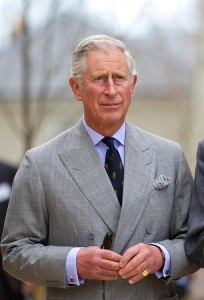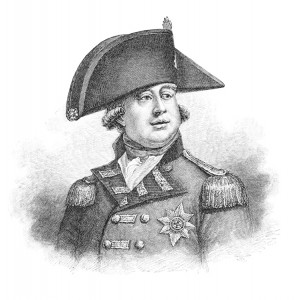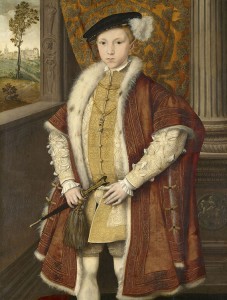It’s Kamehameha Day!
Monday, June 12th, 2023Who was Kamehameha, and why do we celebrate him on June 11th? Kamehameha I founded the Kingdom of Hawaii. After Kalaniopu’u, the chief of Hawaii, died in 1782, Kamehameha conquered the island. He later won additional victories. He brought the island of Kauai into the kingdom peacefully in 1810. Kamehameha V named June 11th a public holiday in honor of his grandfather. The early celebrations included carnivals and races. Kamehameha Day was one of the first official state public holidays when Hawaii became a state in 1959. Today, Hawaiians celebrate with traditional customs, including hula. Hula is a traditional Hawaiian dance. Kamehameha is featured on the United States quarter, stretching his hand toward the eight islands of Hawaii.

The Hawaii state quarter featuring Kamehameha I reaching out to the eight islands of Hawaii.
Credit: U.S. Mint
Many chiefs ruled the islands of Hawaii separately. However, Kamehameha was the first to unite the islands. He gained control of Hawaii Island in a bloody 10-year war that began in 1782. With the aid of firearms obtained from white traders, he captured and united the other main islands in 1795, except for Kauai and Niihau. He conquered in the 1795 bloody Battle of Nuuanu Pali on the island of Oahu, using cannons to drive Oahu’s defenders over a cliff near Honolulu.
The local chiefs served as governors of their islands under King Kamehameha I of the Kingdom of Hawaii. In 1810, Kaumualii, ruler of Kauai and Niihau, accepted Kamehameha’s rule. Kamehameha successfully united all eight islands of Hawaii.
Kamehameha greatly increased Hawaii’s foreign trade. Between 1811 and 1830, Hawaii shipped great quantities of sandalwood to China. Money from the sandalwood trade provided a major source of income for Kamehameha I and two later kings. The kings used the money to buy arms, clothing, ships, and other goods.
Kamehameha kept alive the old customs and religion of his people, but after his death on May 5, 1819, missionaries spread Christianity throughout the islands. Kamehameha was born in the Kohala district of the island of Hawaii. A statue of him represents Hawaii in the United States Capitol in Washington, D.C.
Kamehameha’s son Liholiho became Kamehameha II after his father died in 1819. As one of his first acts, Kamehameha II abolished the religion of the Hawaiian kingdom. This religion included many orders of priests, the belief in many gods and goddesses, and strict taboos. But the king allowed the practice of personal religious beliefs.






